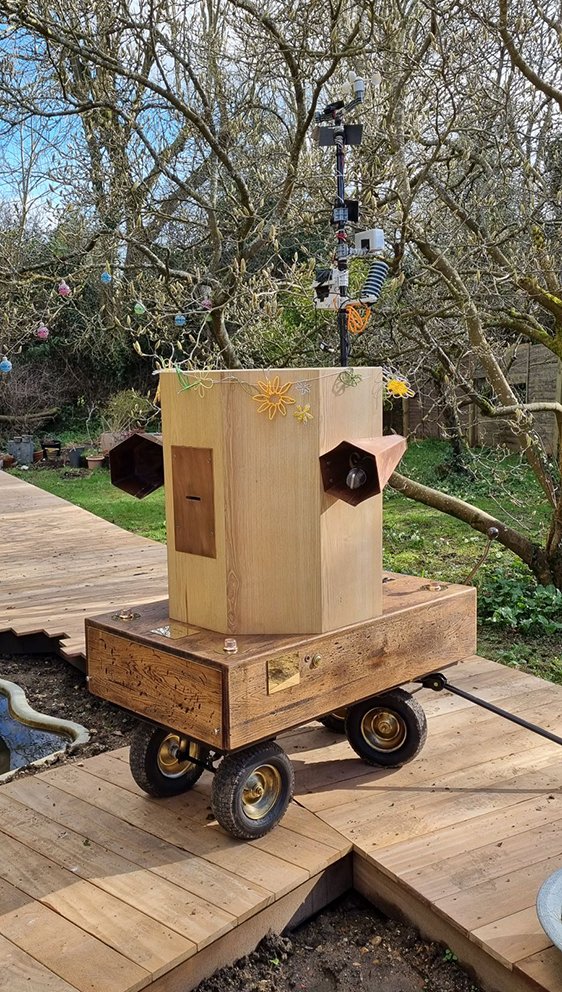Rachel Jacobs
Studio A11
Rachel Jacobs is an environmentally and socially engaged interdisciplinary artist, games designer and Research Fellow. Rachel’s work has won both national and international awards. Her interactive artworks combine art, science and technology, engaging with themes of social and environmental change, wellbeing, resilience, uncertainty and the future. She has toured nationally and internationally and publishes and presents regularly in academic and non-academic contexts. She co-founded the artist-led collective Active Ingredient in 1996 and the commercial games company Mudlark Production Company in 2007. She completed a Doctorate in Computer Science in 2014. Rachel currently works as a practicing artist, exhibiting nationally and internationally, as an Associate Researcher at the Mixed Reality Lab, University of Nottingham and a Visiting Research Fellow at Central St Martins, University of Arts London. Rachel regularly publishes book chapters and academic journals, presents at conferences and events and as a visiting lecturer.
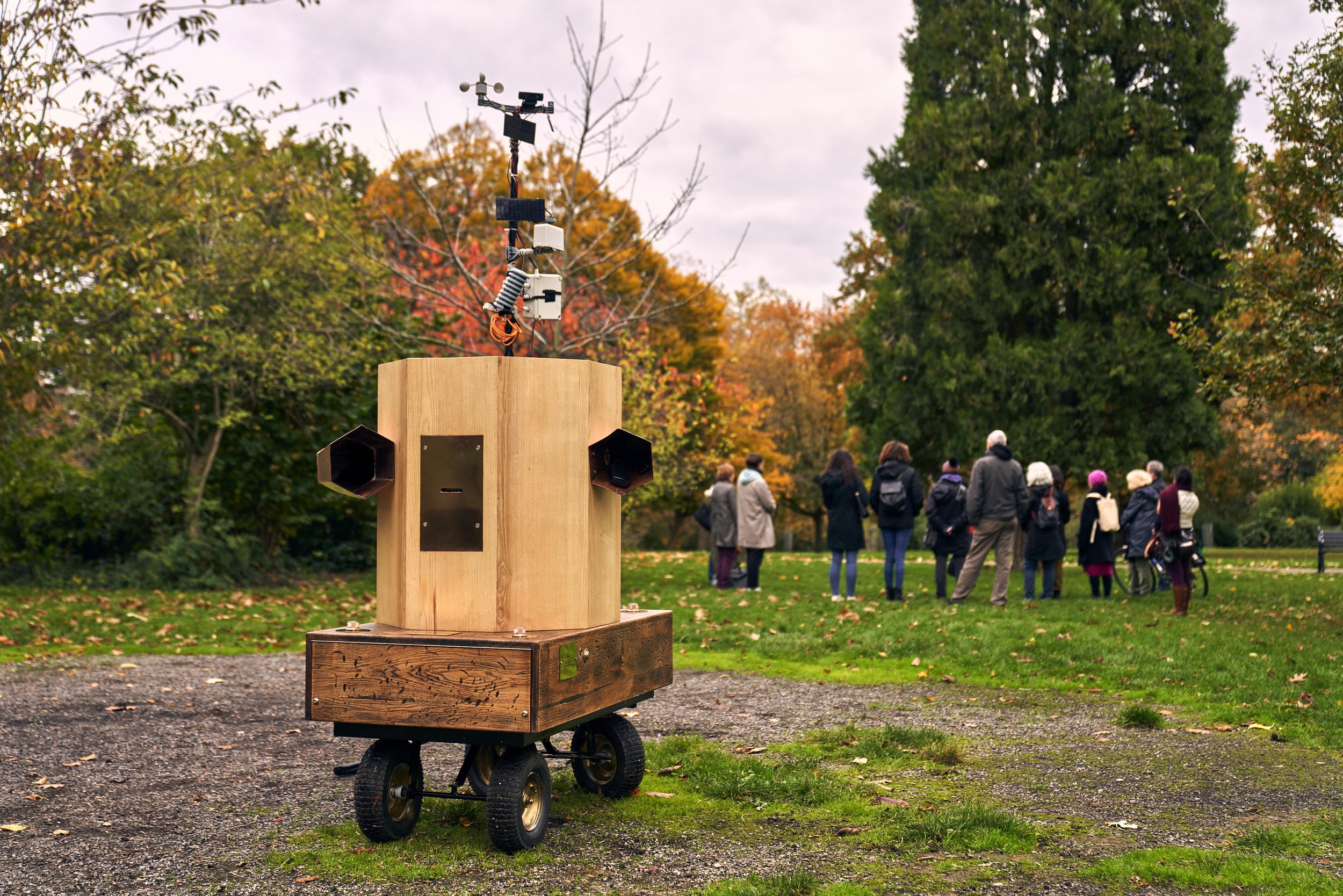
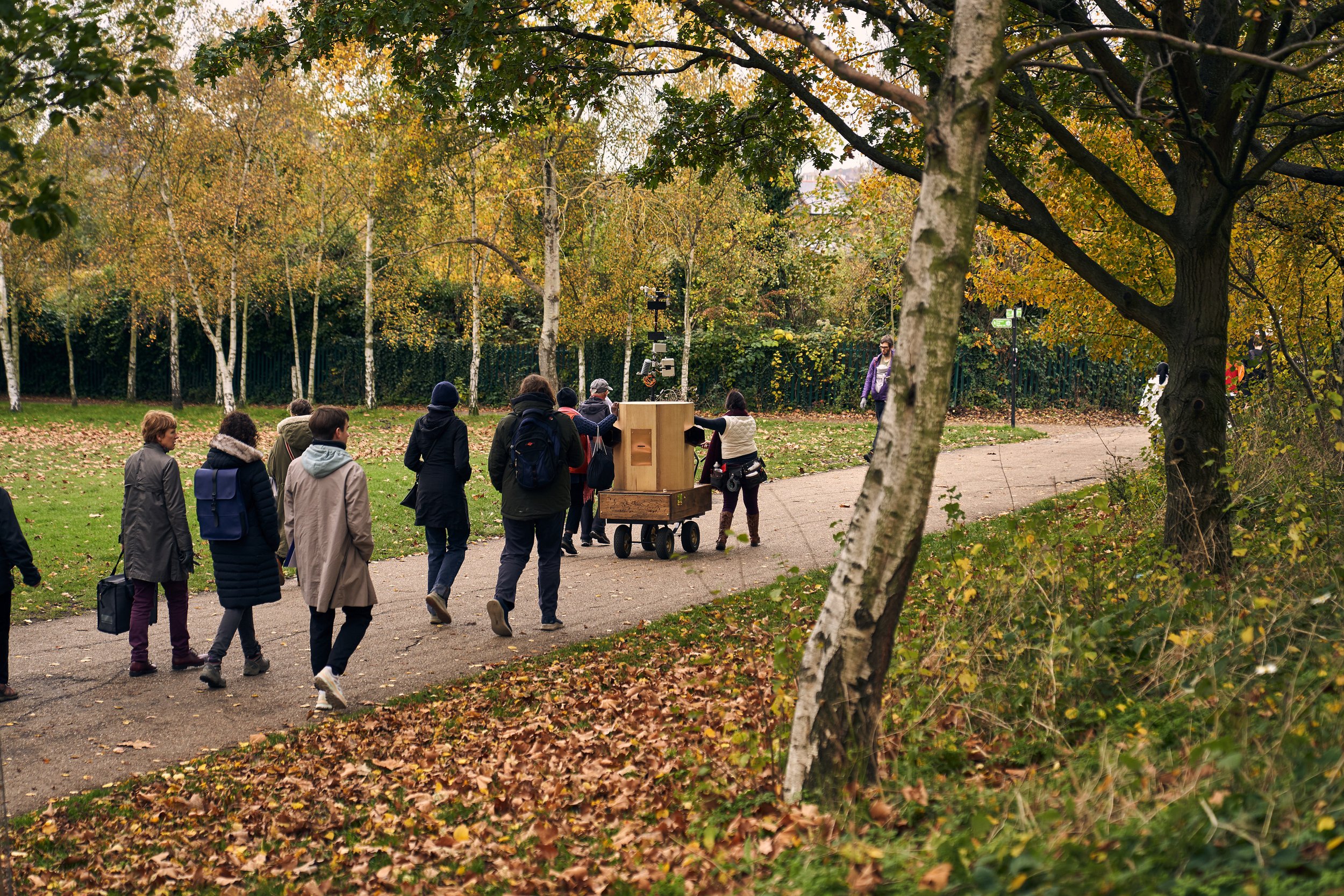
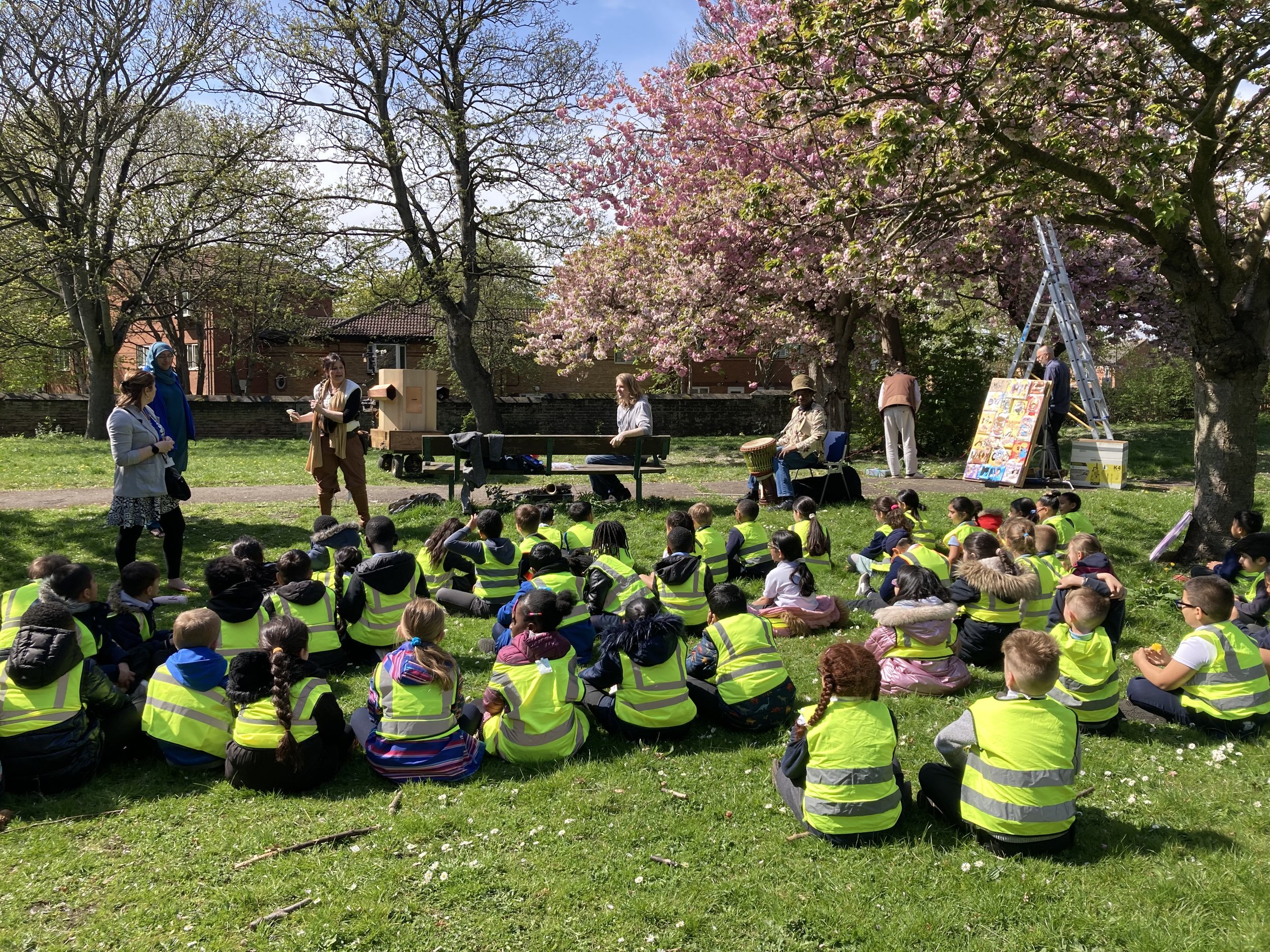
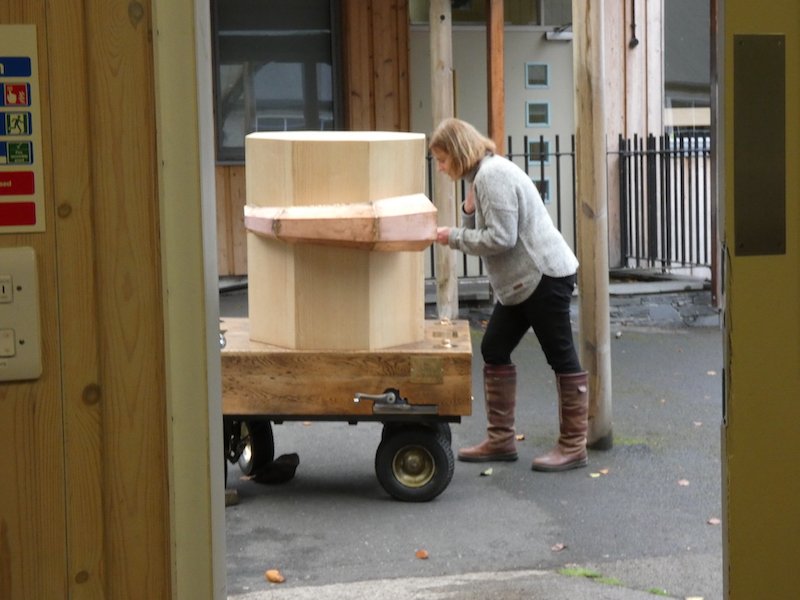
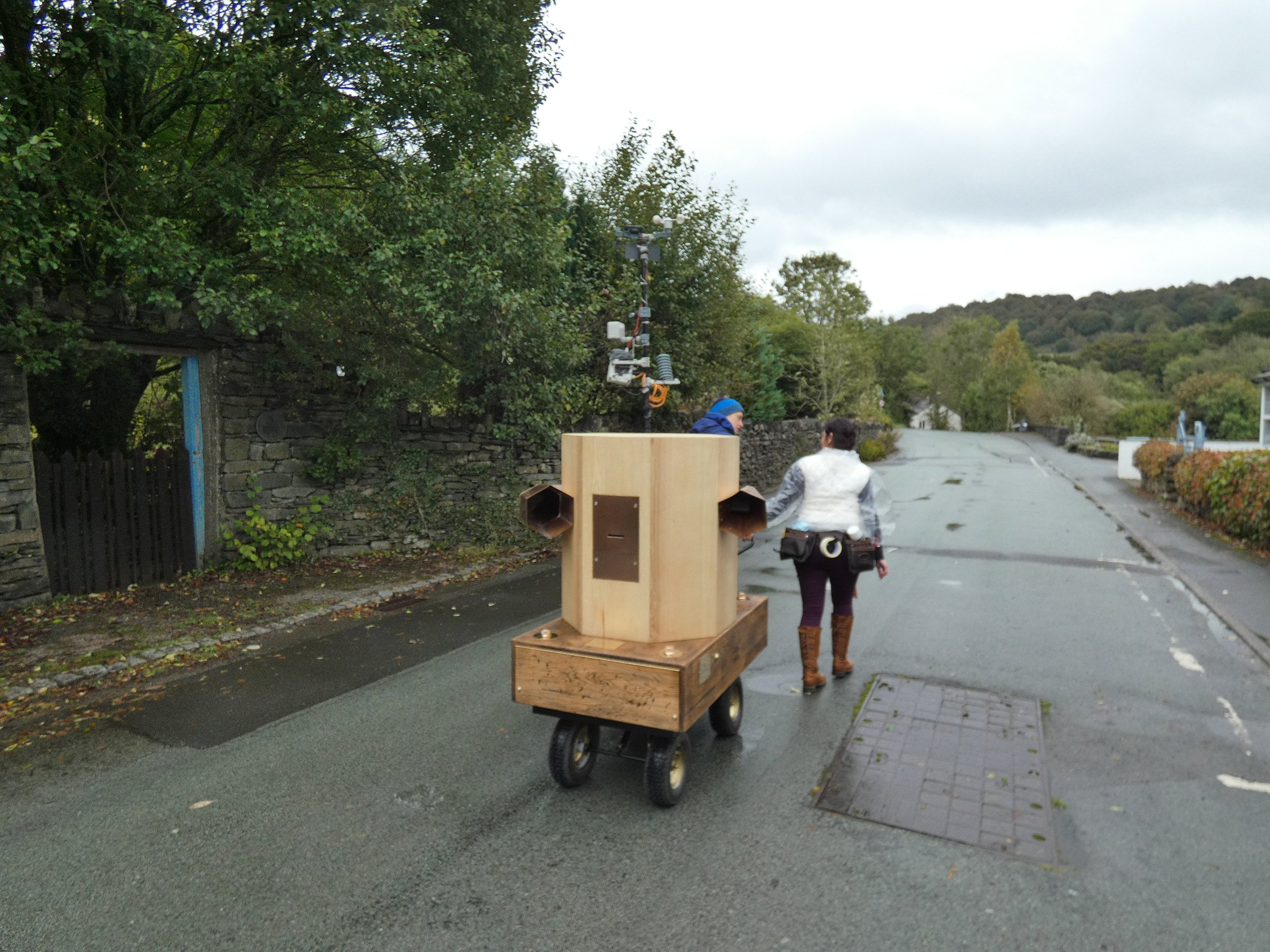
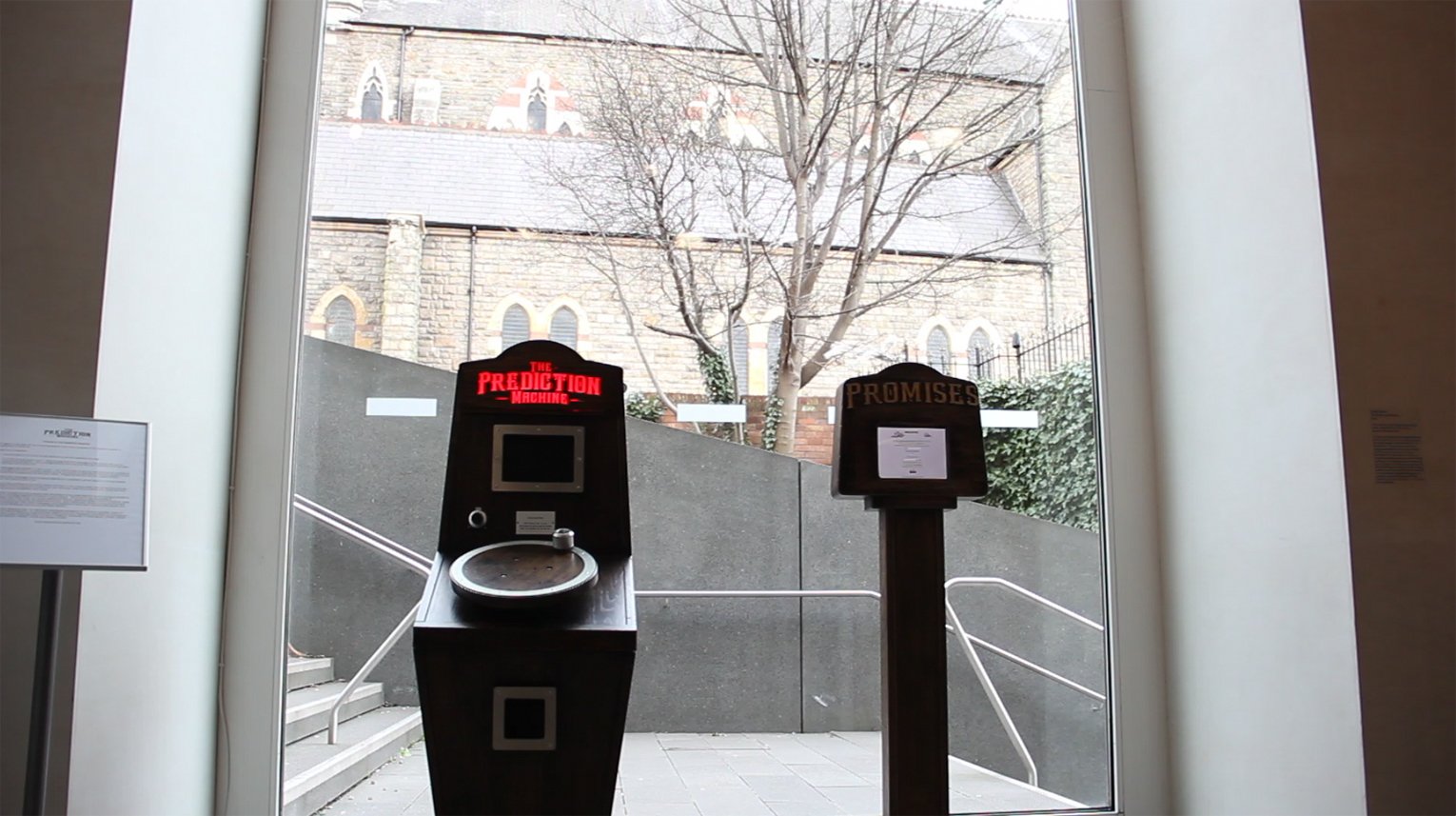
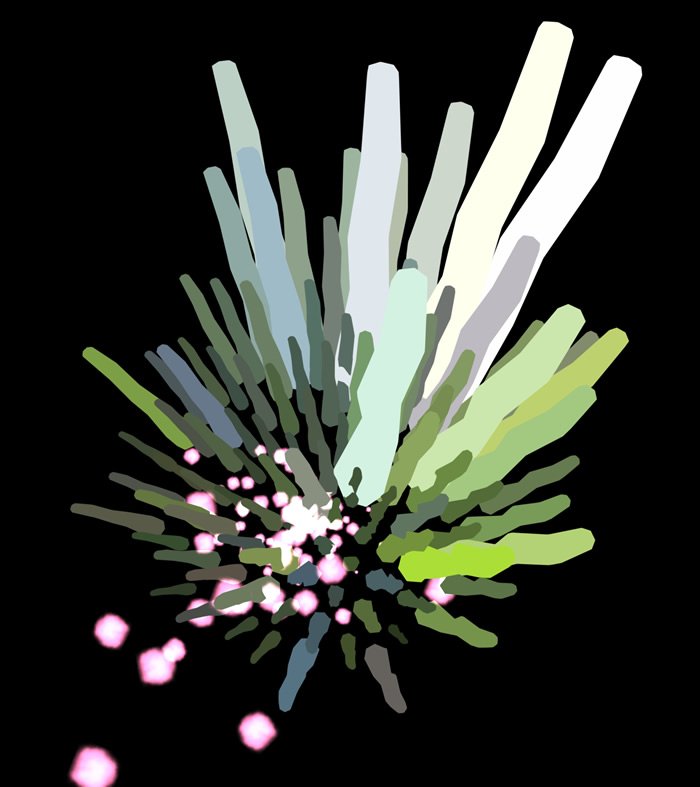
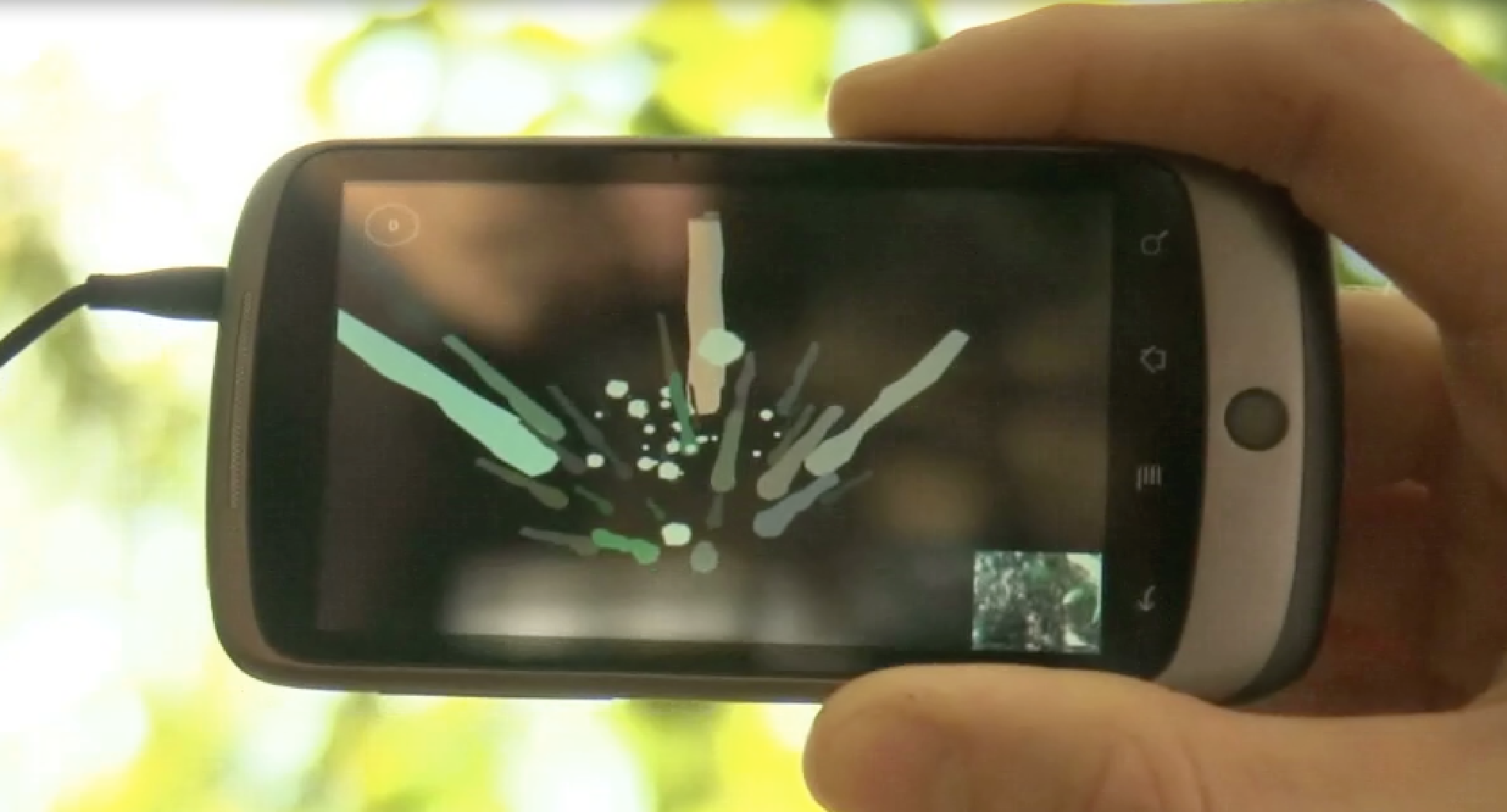
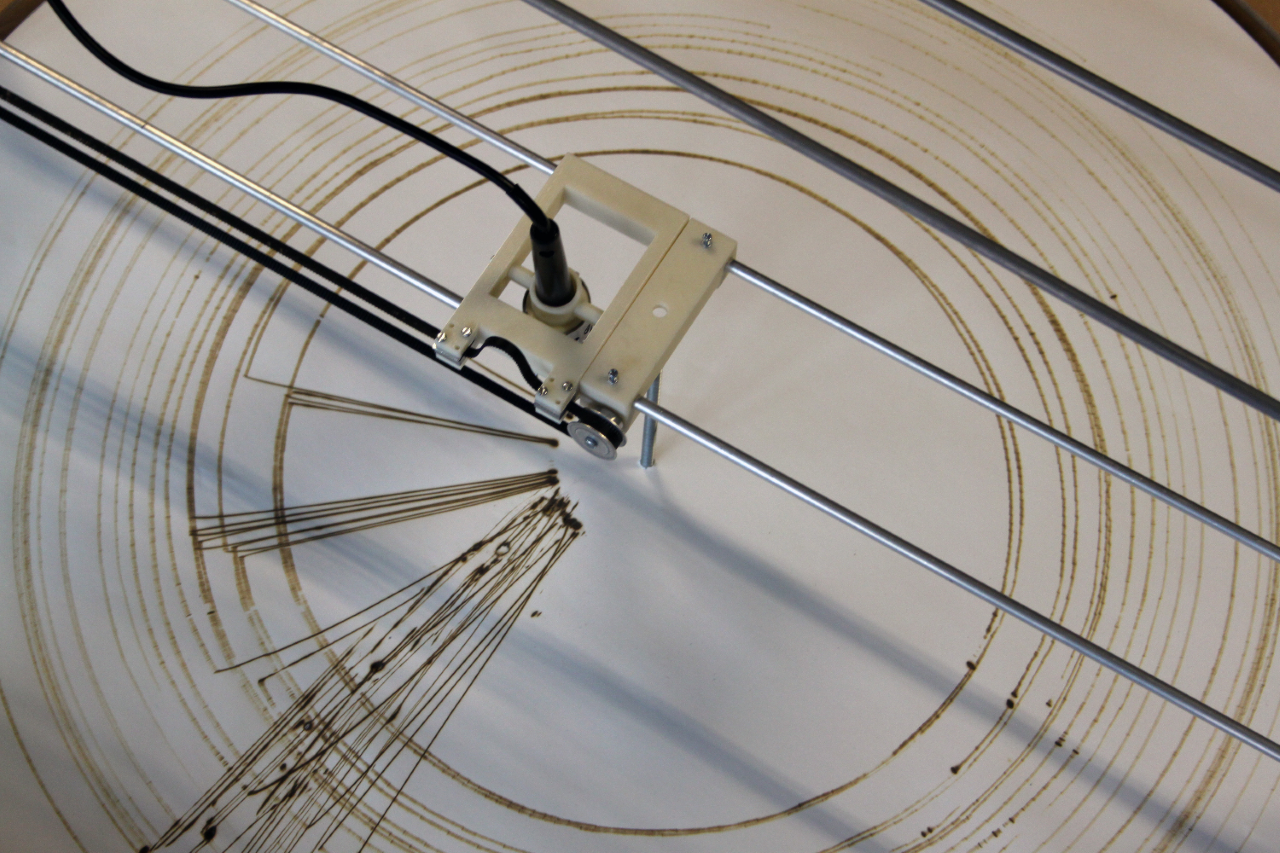
Rachel's current work is a 30 year project Future Machine, a mysterious interactive device that takes an annual journey across England, appearing as a witness to a series of newly formed rituals in Finsbury Park, London, Christ Church Gardens, Nottingham, River Leven, Cumbria, Rotherfield Peppard, Oxfordshire. A nationwide collaboration with 5 artists, a climate scientist, a carpenter, programmers, engineers and the guardians of the Future Machine in each place.
Rachel's current research projects include: Republic of Learning, a series of workshops that combines artistic and craft making with co-operative thinking,with Manifest Data Lab, Central St Martins and Giles Lane, Proboscis (2019-2022); Reflections in Mirror Space, an artist residency as part of the Trustworthy Autonomous Systems research hub (2021-2022); and Memory Machine a research project supporting people with Alzheimers and Dementia (2019-2022). Recent publications include: Walking, Landscape and Environment, Routledge Research in Landscape and Environmental Design (2019).
